Non-profit community-based organizations are essential pillars of support for local communities, particularly in addressing issues of poverty, inequality, and social justice. They bring together local knowledge, volunteer engagement, and a commitment to long-term social change, all while operating in a collaborative, mission-driven framework. Despite the challenges they face, CBOs continue to make a profound and lasting impact, contributing to stronger, healthier, and more equitable communities. As we look to the future, supporting and strengthening these organizations will be crucial to building resilient communities capable of overcoming the challenges of an ever-changing world.
In Australia here are too many Non-Profit Associations operating by Nepalese Community. One of the best Associations which has different value, goals and objectives. Which is directly connected with daily human life. Agriculture, forestry and environmental research are main area of this Associations.
Today we are going to talking about this association with President of this Association.
Nepalese Association of Agriculture, Forestry and Environment in Australia (NEPAFE)
This is one of the countable non-profit associations which is led by intelligent Nepalese Team in Australia.
Dr. Yakindra Timilsena who is currently led this Association as a President.
Who is Dr. Yakindra Timilsena ?
Dr Yakindra Prasad Timilsena is a food research scientist with a PhD in Food Science from RMIT University. He also holds Masters in Food and Bioprocess Engineering from Asian Institute of Technology Thailand and Bachelors of Food Technology from Tribhuvan University Nepal. He has more than 20 years of experience in food safety, quality assurance, product development and technical writing & editing. Dr Timilsena is trainer and consultant with extensive food industry experience as an auditor. He educates on current and relevant topics and provides insight to the entire food industry for ISO 22000, FSSC 22000, SQF, BRC, Food Defence, HACCP, Seafood HACCP as well as other areas of food safety and regulatory compliance
Dr Timilsena has authored more than 20 journal articles, 2 books, 3 book chapters and several other technical reports and review articles. He also serves as a scientific expert reviewer for various journals including Food Research International, Food Hydrocolloids, LWT, Drying Technology and Journal of Food Science and Technology. Dr Timilsena’s research focus is in lipid chemistry, nutraceuticals and food safety.
let’s welcome Dr Timilsena and we will collect more information about him and
NEPAFE.
1. What inspired you to join NEPAFE?
Since childhood, I have been deeply connected to agriculture, forestry,
and environmental sustainability. Growing up in Nepal, I witnessed
firsthand the struggles of farmers, the impact of deforestation, and the
challenges of food security in rural communities. As I advanced in my
professional journey, I realized the need for an organisation that could
bridge scientific knowledge with practical applications to create a
positive impact. NEPAFE’s mission aligns perfectly with my passion for
sustainable agriculture, research-driven solutions, and empowering
communities through knowledge-sharing. The opportunity to lead NEPAFE is
both an honour and a responsibility, as it allows me to contribute toward
a more resilient and sustainable future for both Nepal and Australia.
2. What is your vision for the role you are applying for in NEPAFE?
As the President of NEPAFE, my vision is to strengthen the organisation
as a hub for research, collaboration, and policy advocacy in the fields
of agriculture, forestry, and environmental sustainability. I aim to
expand NEPAFE’s reach, bringing together professionals, researchers, and
community leaders to develop innovative and sustainable solutions to
pressing agricultural and environmental challenges. My goal is to create
meaningful programs that promote capacity-building, knowledge transfer,
and sustainable practices that benefit both the Nepalese community in
Australia and underserved communities in Nepal.
3. How do you align with the mission and values of this Association?
NEPAFE stands for sustainability, scientific excellence, and
community-driven solutions—values that I deeply resonate with. My
academic and professional background in agricultural research and
environmental sustainability has been cantered on applying science to
solve real-world problems. Over the years, I have worked extensively on
initiatives that promote food security, sustainable land management, and
climate resilience. By leading NEPAFE, I am committed to fostering an
ecosystem where research meets practice, ensuring that the knowledge we
generate is not only academically significant but also practically
applicable in the field.
4. What do you think are the biggest challenges facing this association
today? What is your plan to manage resource deficits and challenges?
Like many non-profit organizations, NEPAFE faces challenges related to
funding, resource mobilization, and community engagement. The lack of
sustainable financial resources limits our ability to implement
large-scale projects. Additionally, attracting and retaining skilled
professionals as volunteers is another hurdle. To address these issues,
I plan to diversify our funding sources by applying for research grants,
fostering partnerships with universities and governmental agencies, and
collaborating with private sector organizations that share our vision.
Strengthening our volunteer network through leadership development and
mentorship programs will also be key in ensuring that NEPAFE continues
to thrive.
5. Who can take membership in NEPAFE? What is the process?
NEPAFE is an inclusive association, open to professionals, researchers,
students, and community members who are passionate about agriculture,
forestry, and environmental sustainability. Our membership process is
straightforward: interested individuals can apply online or attend one
of our community events where we provide information on our programs and
initiatives. We believe in fostering a diverse network where individuals
from different backgrounds can contribute their expertise and ideas to
drive impactful change.
6. Does this association engage in helping overseas, especially in
Nepal?
Absolutely! One of NEPAFE’s core objectives is to create a bridge
between Nepal and Australia, facilitating knowledge exchange and
practical interventions. We have initiated several projects in Nepal
aimed at improving agricultural practices, promoting afforestation, and
enhancing food security. By leveraging the expertise of our members in
Australia, we support research collaborations, provide training programs
for farmers, and implement community-based projects that address urgent
environmental and agricultural challenges in Nepal.
7. What programs have you implemented, and which has been the most
effective for Nepal?
NEPAFE has successfully implemented various programs, including
sustainable farming workshops, agroforestry training, and environmental
conservation initiatives. One of our most impactful programs was the
“Sustainable Agriculture and Climate Resilience Project”, which provided
hands-on training to farmers in Nepal on improving soil fertility, water
conservation, and organic farming techniques. This initiative
significantly improved crop yields and empowered local farmers with
knowledge on adapting to climate change. Additionally, our “Forestation
for Future Generations” program focused on reforestation efforts in
deforested areas, which has been highly successful in restoring
ecological balance.
8. What are the existing problems in remote areas of Nepal regarding
drinking water, food safety, agriculture, and the environment? How can
they be changed quickly? Do you have any public awareness plans for
these areas?
Nepal’s rural communities continue to face severe challenges related to
access to clean drinking water, food safety, soil degradation, and
environmental pollution. Climate change has exacerbated these problems,
leading to unpredictable weather patterns and reduced agricultural
productivity. To address these issues, public awareness is key. NEPAFE
is committed to launching community engagement programs that educate
local populations on safe water practices, sustainable farming
techniques, and environmental conservation. We also aim to collaborate
with local governments and NGOs to implement grassroots-level
initiatives that promote resilience and long-term sustainability.
9. What kind of help is needed and expected from the Nepalese government
and other Nepalese organizations to address these problems?
Government intervention is critical in creating policies that support
sustainable agriculture and environmental conservation. We expect the
Nepalese government to provide more funding for research, offer
incentives for sustainable farming practices, and implement stricter
environmental regulations. Additionally, partnerships with Nepalese
universities, research institutions, and non-profit organisations can
significantly enhance the impact of our initiatives by leveraging local
expertise and resources.
10. How would you go about building relationships with other Nepalese
local communities?
Building strong relationships requires active engagement, cultural
sensitivity, and a collaborative mindset. NEPAFE priorities community
involvement by hosting networking events, participating in cultural
programs, and organising educational workshops. By actively listening to
the needs of Nepalese communities and involving them in the
decision-making process, we ensure that our initiatives are relevant and
impactful. Furthermore, we engage with community leaders, policymakers,
and stakeholders to foster long-term partnerships.
11. Can you share an example of how you’ve worked with diverse groups or
underserved populations in Nepal as well as in Australia?
In Nepal, I worked closely with marginalised farming communities to
introduce climate-smart agricultural techniques that improved their
livelihoods. We organised training programs for women farmers,
empowering them with skills in organic farming and financial literacy.
In Australia, I have collaborated with multicultural organisations to
promote environmental awareness and sustainable living among migrant
communities. My experience working with diverse groups has reinforced my
belief in the power of community-driven solutions to address global
challenges.
12. Describe a plan you managed from start to now and how did you ensure
its success? How do you measure success in a non-profit organisation?
One of my most rewarding experiences has been leading the “Sustainable
Agriculture Knowledge Exchange Program”, where we connected experts from
Australia with farmers in Nepal. The project involved research, training
sessions, and on-the-ground implementation of improved farming
techniques. Success was measured not only by tangible outcomes, such as
increased crop yields and water efficiency, but also by the level of
community engagement and the long-term sustainability of the program. In
a non-profit organisation, success is defined by the impact created in
people’s lives—empowering communities, improving livelihoods, and
fostering environmental sustainability.
This interview is Part 1 ,We will bring part 2 of this content soon…..



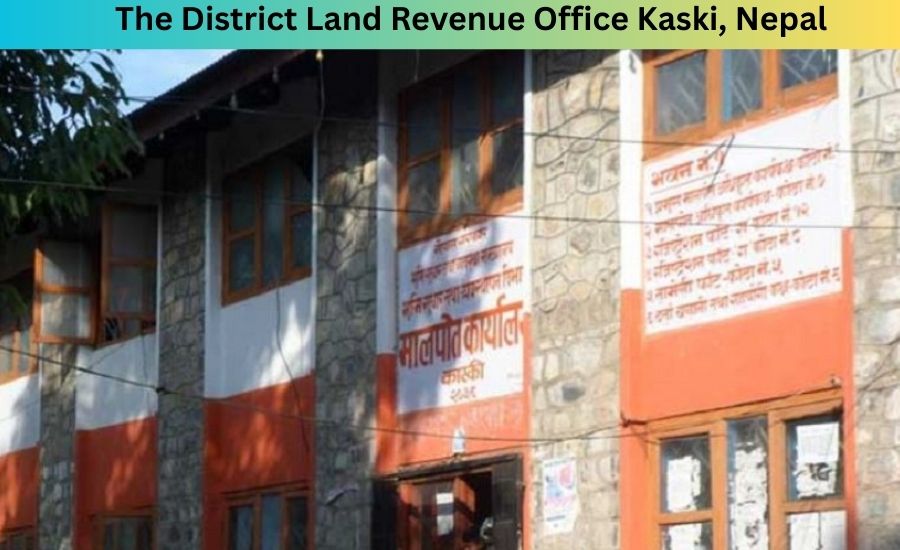
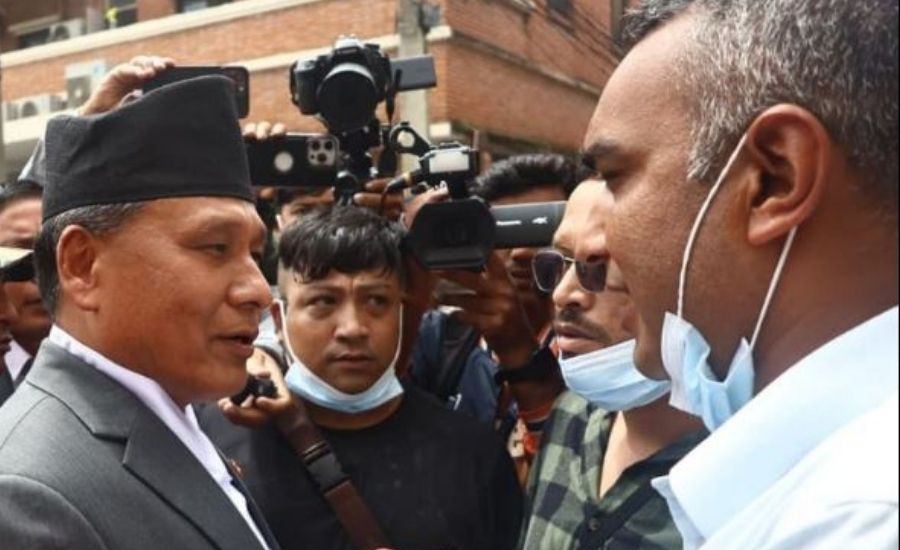











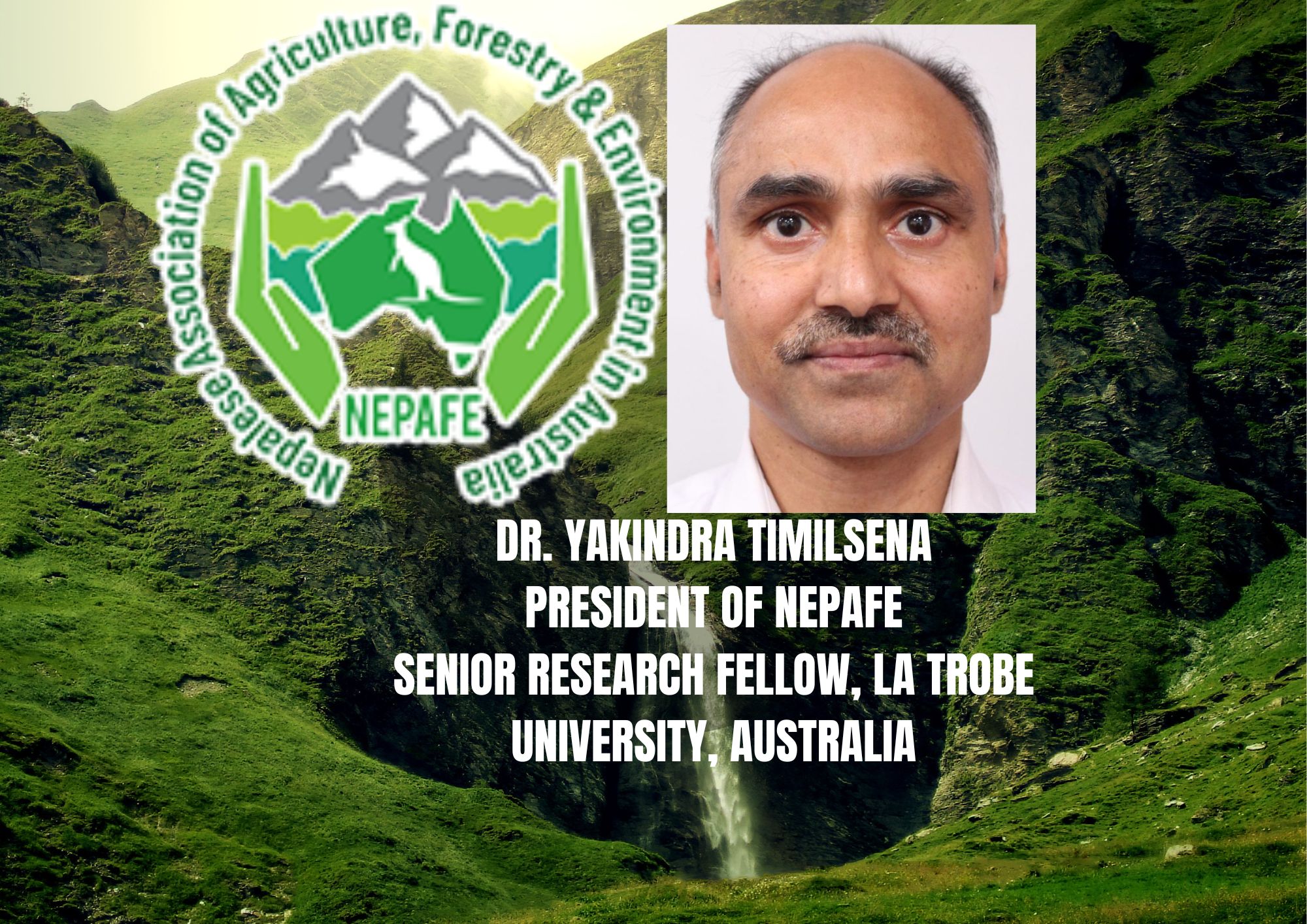
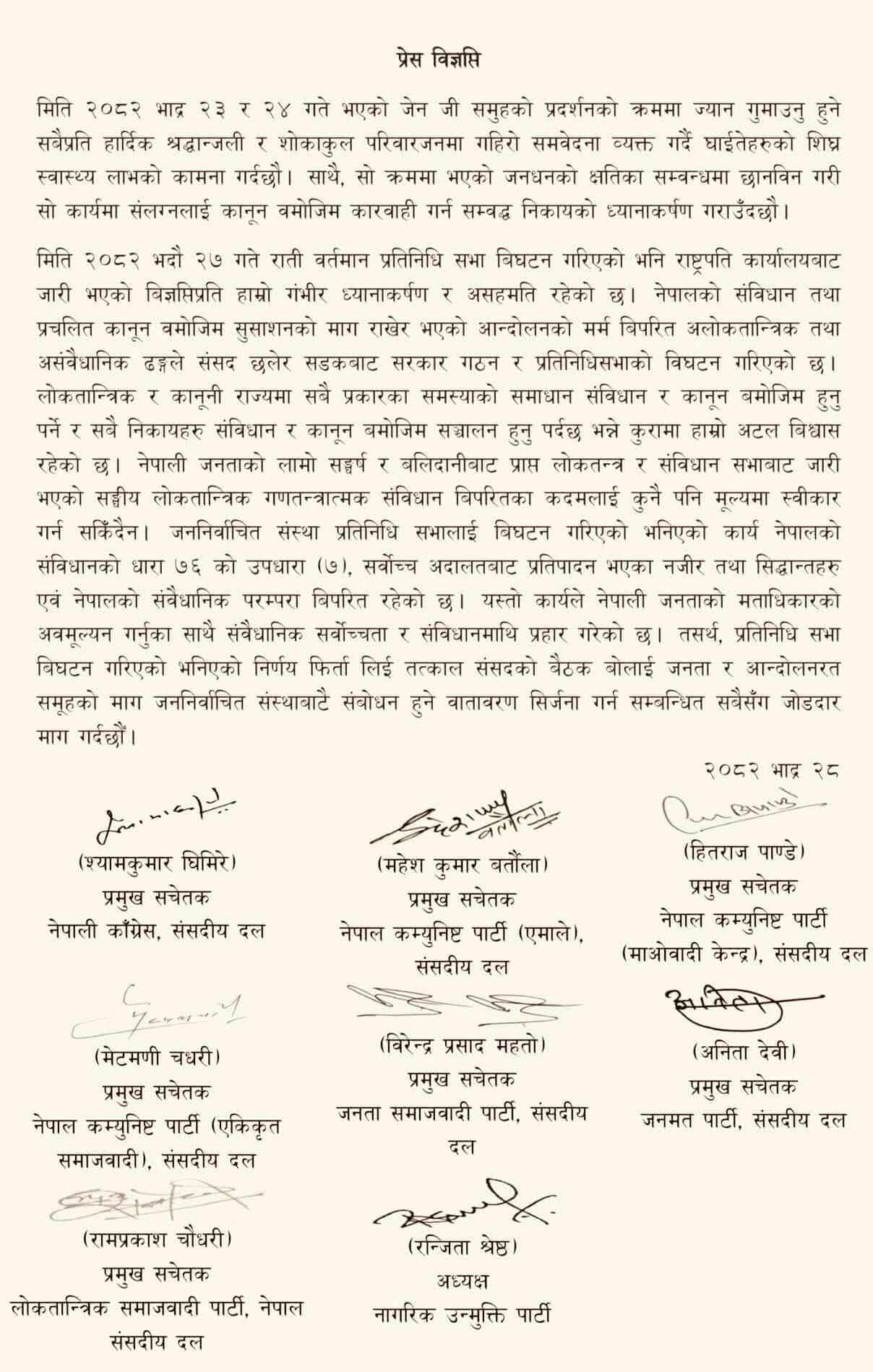

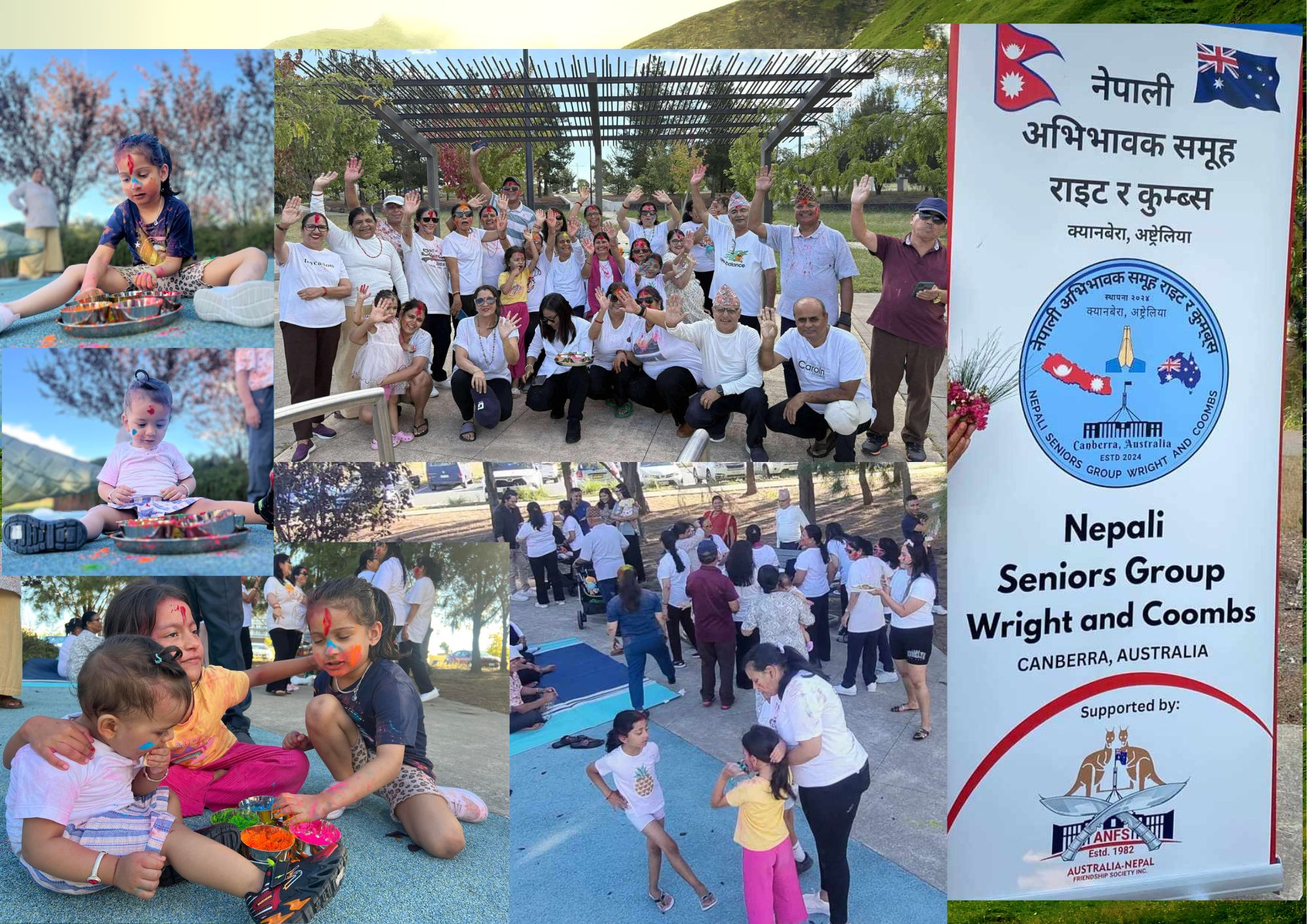

Comments